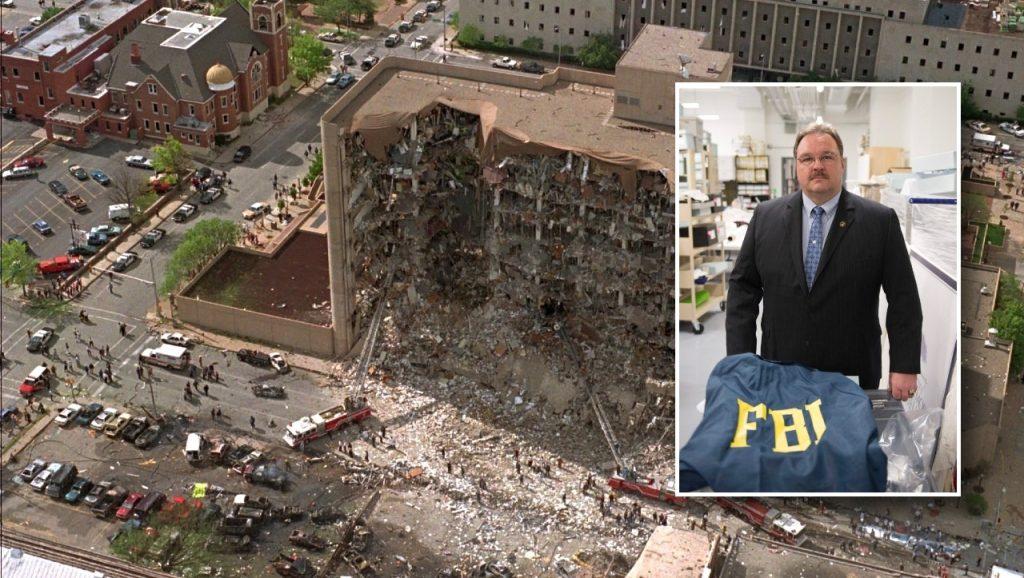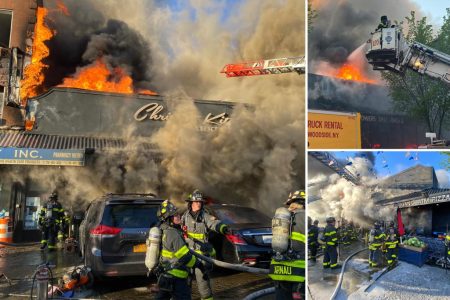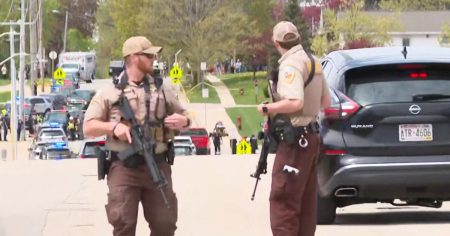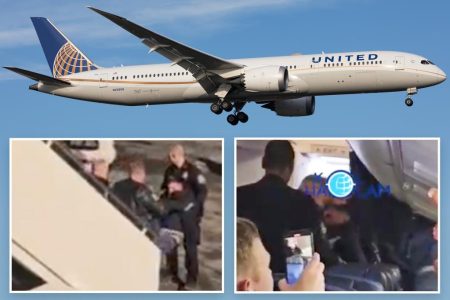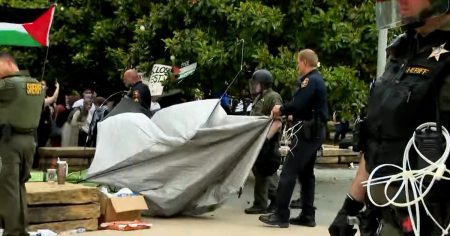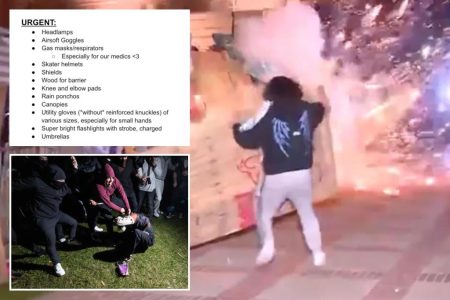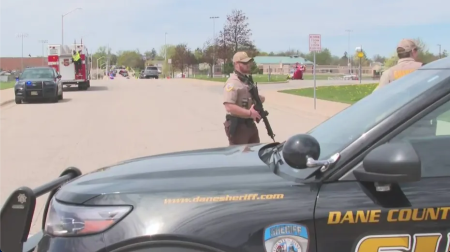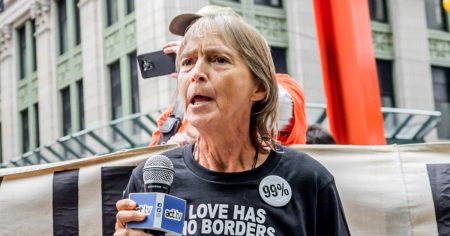Nearly 30 years ago, Ret. FBI Special Agent Barry Black responded to the Oklahoma City bombing, the worst homegrown terrorist attack in U.S. history. With only a year of experience as a bomb technician, Black was one of only two FBI bomb techs in the entire state of Oklahoma. The bombing, carried out by Timothy McVeigh, took place on April 19, 1995, and resulted in the deaths of 168 individuals. Black described the scene as horrific and chaotic, with destruction unlike anything he had seen before, aside from the first World Trade Center attack. The explosion registered a 6.0 on the Richter scale and caused damage to over 320 nearby buildings.
Among the victims of the attack were 19 children who were in the daycare on the second floor of the Murrah building. Black’s wife, a federal probation officer, was also in the building that morning but had driven out just two minutes before the explosion occurred. The devastation was overwhelming, but Black was relieved to learn that his wife was safe. Investigators found evidence of the truck, a Ryder rental, used in the bombing a day later. This evidence led them to identify the suspect as McVeigh, who was later found in jail after being pulled over for a missing license plate just 90 minutes after the bombing.
During the investigation, it was discovered that McVeigh and Terry Nichols were motivated by their anger over the Waco siege in 1993 and the Ruby Ridge siege in 1992. They intended the bombing to be the first blow in an effort to overthrow the federal government. The FBI conducted 28,000 interviews to piece together the motives behind the attack. Black emphasized the importance of quick and effective communication during investigations, as it played a crucial role in identifying and arresting the suspects in just 54 hours.
Lessons learned from the Oklahoma City bombing investigation are still relevant today, according to Black, who now teaches at the University of Central Oklahoma Forensic Science Institute. The importance of gathering and relaying information quickly to aid in a broader investigation process was highlighted by the swift apprehension of McVeigh and Nichols. McVeigh was executed in 2001 at the age of 33. The bombing remains a tragic event in U.S. history, and the impact it had on the community and the nation is still felt by those who experienced it firsthand.





